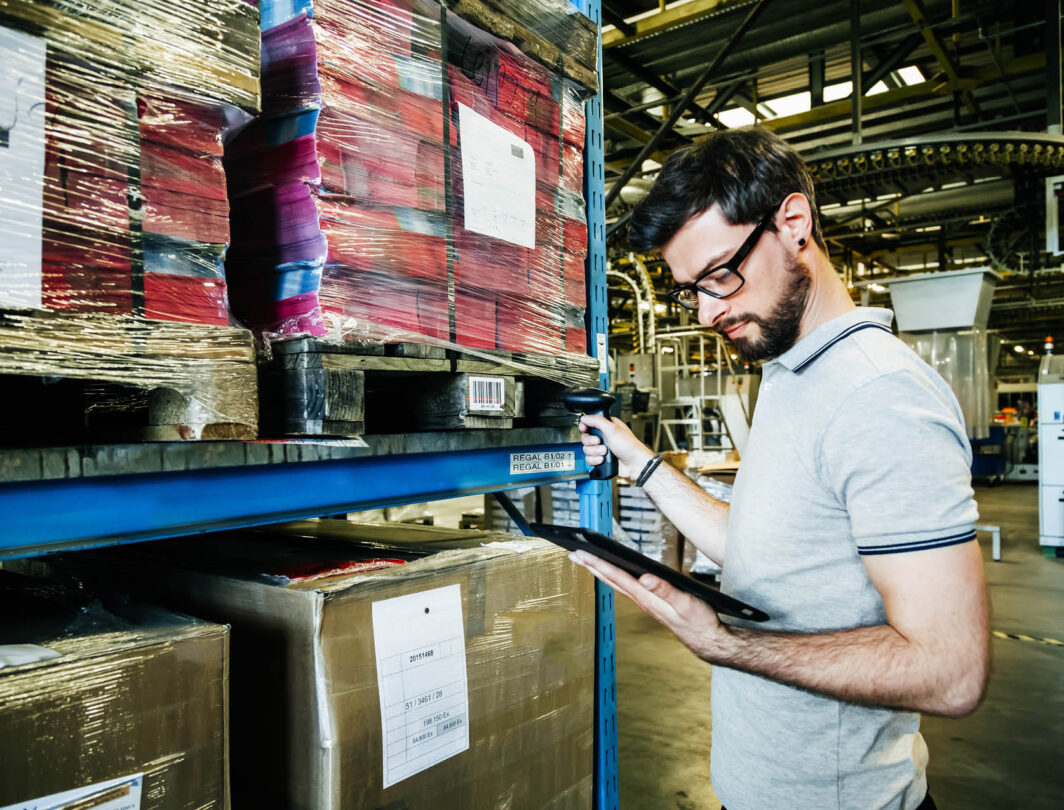Business planning
Securing supply chains against political uncertainty
Businesses across the world could be forgiven for feeling uncertain about the future of their supply chains. With major economies like the USA and the UK revisiting their longstanding trade agreements, deals that might have seemed watertight a few years ago are now being threatened. With the change in the political climate, there’s a sense that we’re on the verge of a major realignment of the established balance of global trade, thrusting us into a world of increasingly dynamic and complex supply chains.

In the past 50 years, globalisation has transformed world trade beyond all recognition. Rather than creating chaos, it’s brought a whole world of benefits. The average consumer can access a greater variety of products, at lower costs, and with a level of convenience that would have been unfathomable to our grandparents. In 2017 alone, the US imported goods worth almost $2.3 billion, with almost every country in the world being listed as a trading partner.
The reinvention of the global marketplace
The average person, on any given day, might buy a product manufactured in China, via a US-based online marketplace, with parts produced in Taiwan, containing metals mined in Russia, and refined in a factory in India. Even modestly sized businesses are no longer relying on one major supplier. Instead, they are doing business with a greater number of smaller international suppliers to maximise savings and give them more flexibility. This so-called ‘Walmart effect’ is a phenomenon that has significantly lowered price but also increased complexity.
For example, a business producing jeans might choose to import cotton from the market where cotton is cheapest, and then have them sewn in the country with the cheapest labour. For the consumer, this means the lowest possible cost; for the business, the best possible margin. Over half of the world’s trade is in intermediate products – products used in the manufacture of goods for end consumers. Businesses have managed to navigate this spider’s web of trade links by moving the burden of complexity into technology, allowing for the creation of efficiencies, which would have been impossible in the past.
Surviving disruption
The undoubtedly rich rewards afforded by globalisation are not without their risks. For example, a hurricane in Vietnam or power cut in China could easily cost a US-based business millions of dollars, shutting down operations for several weeks. In 2017, a cyber-attack on European ports caused prolonged delays to sea freight movement worldwide, impacting many businesses situated well outside Europe.
As well as these unpredictable elements, political instability can add further complications in an already complex network of risk. Just as businesses are forced to plan for acts of God, planning for uncertain political climates will also become more of a necessity.
Businesses will need to become nimbler and react quickly to a greater variety of unknown factors if they are to survive and thrive. Whether the current landscape of political uncertainty manifests itself in the form of increased tariffs, stricter border checks, or increased health and safety regulations, businesses that plan effectively will be better able to handle any disruption. This ‘right approach’ could be both in terms of correctly planning their supply chains and ensuring they have the best technology to help.
Threat or opportunity?
The benefits of having an agile supply chain also go far beyond efficiency savings, ‘firefighting’ or stepping in when something goes wrong. With the rise of conscientious consumerism, businesses that can provide insight into their own supply chains stand to benefit. A third of consumers are now choosing to buy from organisations they believe are doing social or environmental good. Businesses that can reliably authenticate where their products are sourced from will thrive in an environment where people are not interested in the hype, but the reality of ethically sourced goods.
Rather than being pessimistic about how the potential changes looming on the horizon will affect your business, remember that disruption often comes hand-in-hand with opportunity. The businesses that position and prepare themselves effectively for these changes will gain a competitive advantage. Changes in tariffs and trade deals may add to bottom lines – as well as take away from them – but these advantages are dependent on businesses having the infrastructure to make the most of them, both in terms of technology and human capital.
Change is never easy, regardless of the perceived benefits. When it comes to business functions that play a pivotal role in the efficiency and profitability of a business – like the supply chain – the stakes are even higher. But by focusing on the potential opportunities, businesses can position themselves for success.
We can speculate about what the new economic landscape will look like, but the truth is that no one can truly be certain about what is going to happen until it happens. What we can be certain about is that the future will favour agile, fast-moving businesses that are prepared for everything the world throws at them.
To thrive in this new economic climate, businesses will have to effectively analyse the landscape and engage with the opportunities. There’s little anyone can do about the uncertainties but businesses that focus on understanding the opportunities and making the most of them will position themselves for great success.







Ask the author a question or share your advice